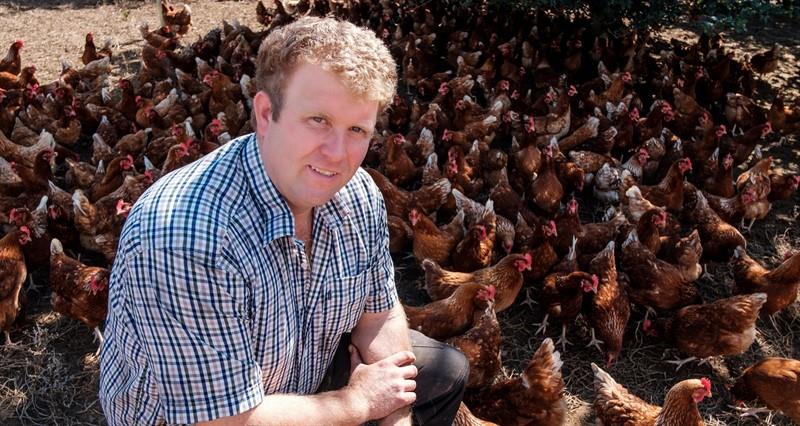With the Brexit transition period at an end, the pace of change is relentless, he says, with the first months of 2021 notable for the sheer volume of consultations issued by Defra and other farming stakeholders as the country’s new domestic agriculture policy begins to take shape.
“In the face of this, communication with our members will be crucial as we all try to keep pace with what’s happening on so many fronts across all sectors,” he said.
“But there are key issues of particular relevance to all local farms – the development of the new Environmental Land Management Scheme for one. I know all members are anxious to see more detail on this, especially as our support payments start to reduce.
“I am also concerned about the prospects for tenant farmers – who make up such a large proportion of farms in our part of the world. It is vital we get a good outcome for these businesses, given the ongoing concerns over land use change, rental values and relationships with landlords.”
Starting his two-year term of office this week, having served as county vice-chairman since 2019, he takes over from upland sheep producer, Greg Dalton. Mr Maughan says he is delighted to be serving his local farming community at such a pivotal point.
“Climate change is another driver impacting on evolving farm policy,” he said. “Thinking about the industry’s goal of achieving net zero GHG emissions by 2040, this is likely to provide opportunities as well as challenges for local farms, but will need us to think a bit differently about how we do things.”
Mr Maughan says he wants to hear from any local members who have concerns or issues that the NFU can help with and hopes to help the county’s farming community collectively navigate the challenges ahead.
In this, he will be working alongside new county vice chairman, arable specialist Brett Askew, who farms near Gateshead.
As he starts his new role, Mr Maughan paid tribute to his predecessor, Greg Dalton, saying: “Greg did a superb job in the role and will be a hard act to follow. I will continue to talk to him in the months ahead to get his perspective on issues affecting the upland livestock sector – another key part of the farming make-up across Yorkshire and County Durham.”
